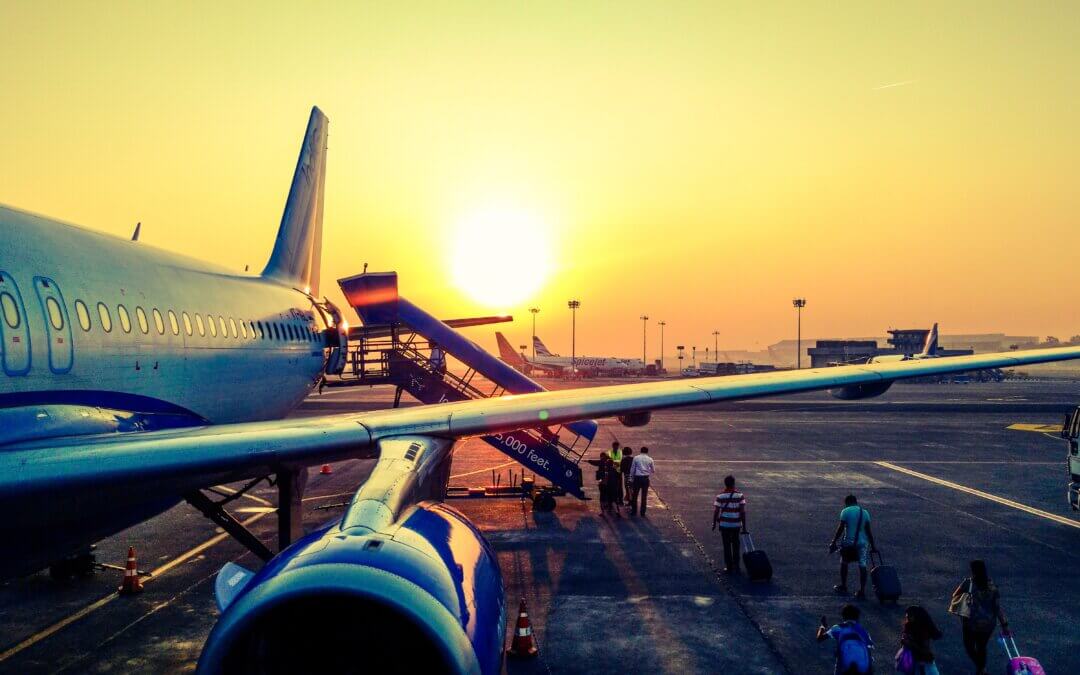What is Destination Marketing?
With so many different types of marketing disciplines, it’s easy to get confused on what each one can actually accomplish for an organization. In the case of destination marketing, the focus is on promoting a location to increase visitation. This can be a town, city, event, region, or country. This is a specialized area that requires a broad knowledge of a complex system of tourism-related services and channels, in addition to all marketing disciplines, to help increase bookings to a destination.
One of the main keys to success in destination marketing is raising awareness of the location, increasing the demand of people willing to travel, and truly highlighting the things that make the destination unique and interesting. The efforts of a destination marketing program yields a large benefit to the local industry, which trickles to many other hospitality-related services including hotels, airlines, restaurants, suppliers, and more. Increasing the number of visitors directly increases the economic impact to the local economy. The tourism industry, and the sectors within it, help create an attractive, magnetic image of the country or region’s identity and value.
Tourism Industries Resilient
While tourism has been devastated due to the COVID-19 pandemic, the industry has proven itself resilient in past crises. As borders reopen, it is imperative that partnerships between tourism-related businesses, and governments, work at a level of coordination not ever seen before, to manage recovery in a way that is not only safe and attractive for tourists, but also economically viable for the destination. More than ever before, sharp destination marketing strategies and tactics are crucial to the rebound of destinations, as statistical experts predict that tourism spending is not likely to return to pre-crisis levels until 2025. Millions of jobs and livelihoods hang in the balance.
Niche Product Development in Tourism
Every market and industry can be divided, split, and categorized on its different characteristics which makes it unique. In the tourism sector, and its multitude of sub-sectors, specializing in niche product development takes a holistic knowledge across hospitality, be that food & beverage, lodging, travel, tourism, and recreation, etc. But it also may require further splitting out unique characteristics to focus on and develop to drive visitation. To be able to market any one specific, vertical sub-segment of consumers is aptly called “niche” marketing.
Niche product development in tourism helps better define a product offering of a particular destination.
It helps to further differentiate their product and service offerings and compete in the highly cluttered travel space. Niches can be carved out by hyper-evaluating what the destination has to offer and sharply positioning it to the right consumer. Examples of travel niched include destination weddings, family travel, cruise travel, culinary, wellness, etc. When creating niches it’s imperative that the target consumer’s niche interest align what the brand’s niche strengths.


Recent Comments